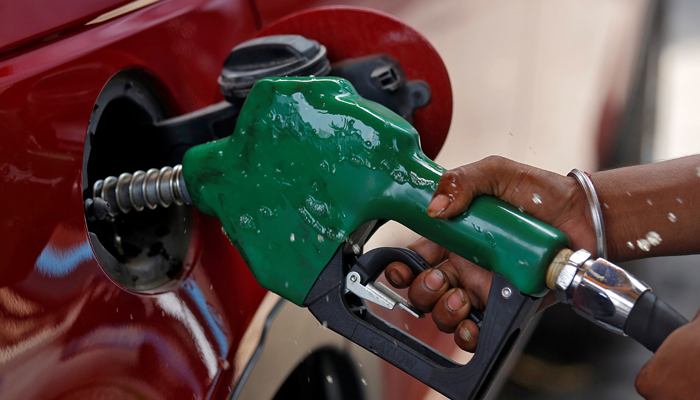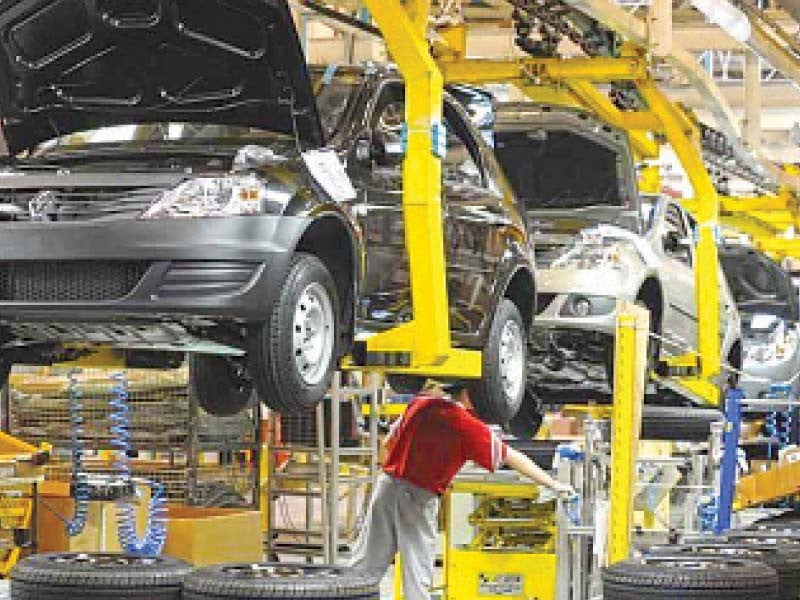Maximum limit of PDL on petrol, diesel increased to Rs80 per litre M Haris

ISLAMABAD: Finance Minister Muhammad Aurangzeb on Wednesday unveiled the budget for the next fiscal year, proposing an increase in the maximum limit of petroleum development levy (PDL) on diesel and petrol by up to Rs80 per litre.
In his budget speech, the federal minister said that the government will target a budget deficit of 6.9% of its GDP.
According to Finance Bill 2025, the maximum PDL limit on high-speed diesel oil and petrol has been hiked by Rs20 to Rs80 per litre.
While there’s no change in PDL on superior kerosene oil (SKO) which is kept at Rs50, it has been increased on light diesel oil (LDO), high-octane blending component (HOBC), and E-10 gasoline to Rs75 from Rs50.
Additionally, the PDL on LPG (produced/extracted in Pakistan) has been kept unchanged at Rs30,000 per metric tonne.
As per the budget document, the government plans to collect Rs1,281 billion under this head.
Big revenue target
Amid efforts to increase revenue collection, as the country seeks a bailout from the International Monetary Fund (IMF), the government has decided to increase the levy on petroleum products.
The government has set a challenging tax revenue target of 13 trillion rupees for the year starting July 1, a near 40% jump from the current year, to strengthen the case for a new bailout deal with the IMF.
The ambitious revenue targets for the fiscal year through June 2025 were in line with analyst expectations.
Key objectives for the upcoming fiscal year included bringing the public debt-to-GDP ratio to sustainable levels and prioritising improvements in the balance of payments position, the budget document showed.
The country has projected a sharp drop in its fiscal deficit for the new financial year at 5.9% of GDP, from an upwardly revised estimate of 7.4% for the current year.
GDP would expand 2.4% in the current year, missing the budgeted target of 3.5%, the government said in its economic review on Tuesday, despite revenues being up 30% on the year, and the fiscal and current account deficits being under control.


